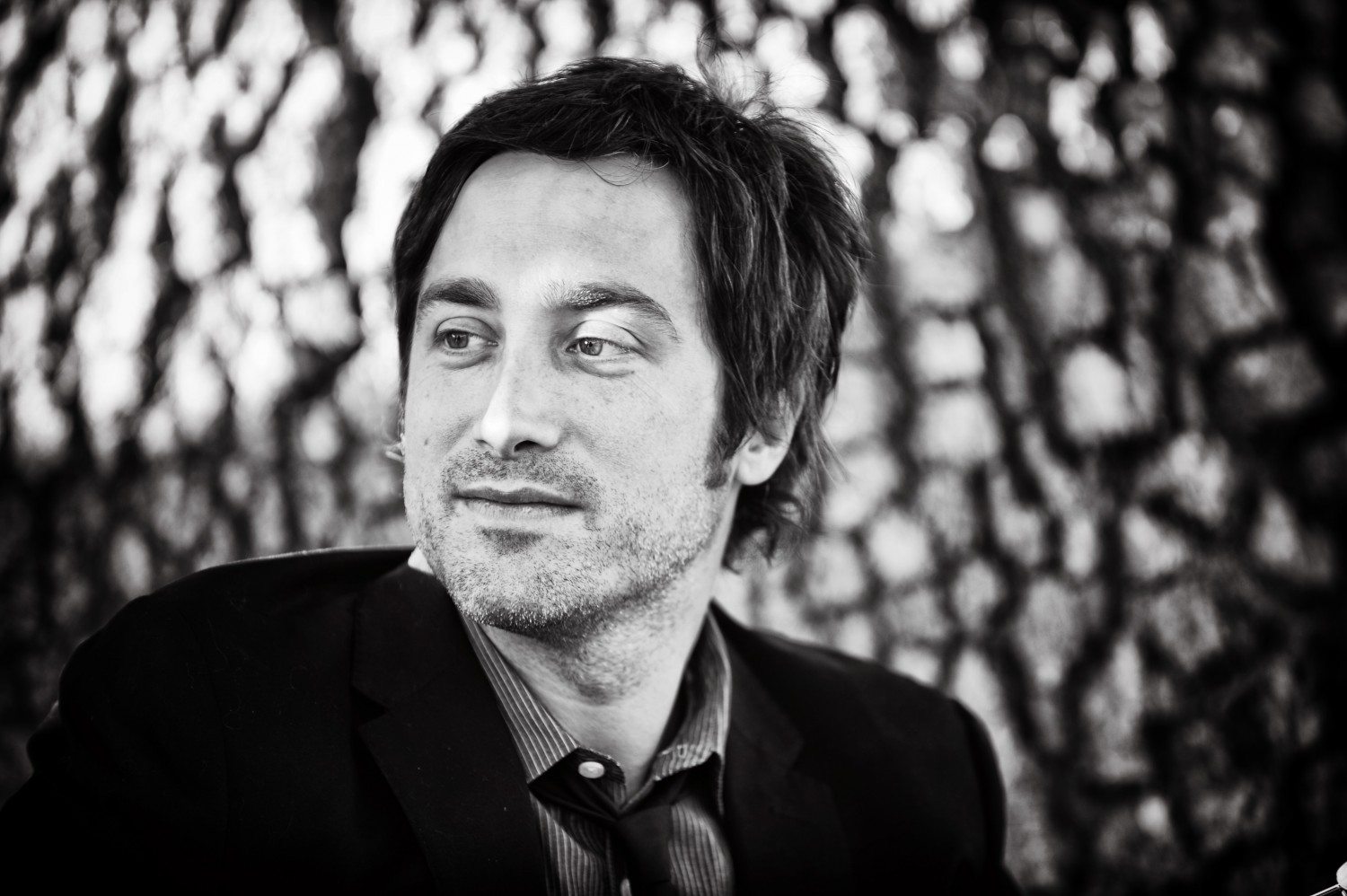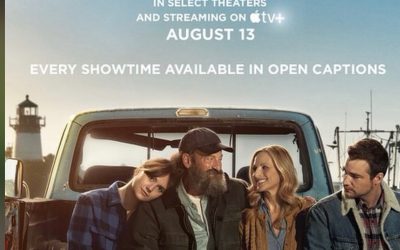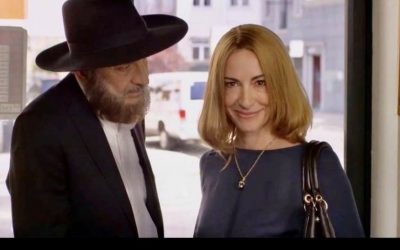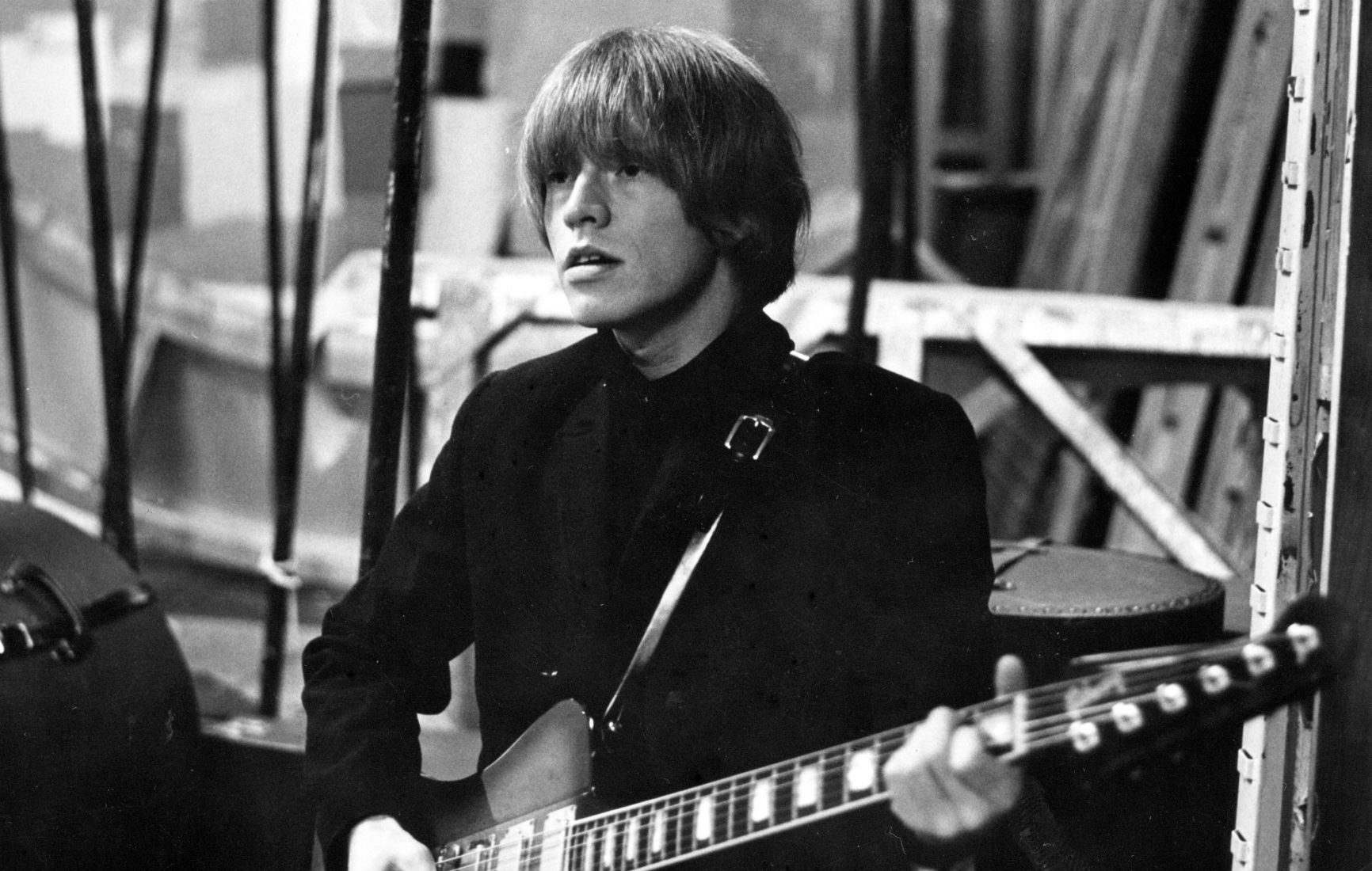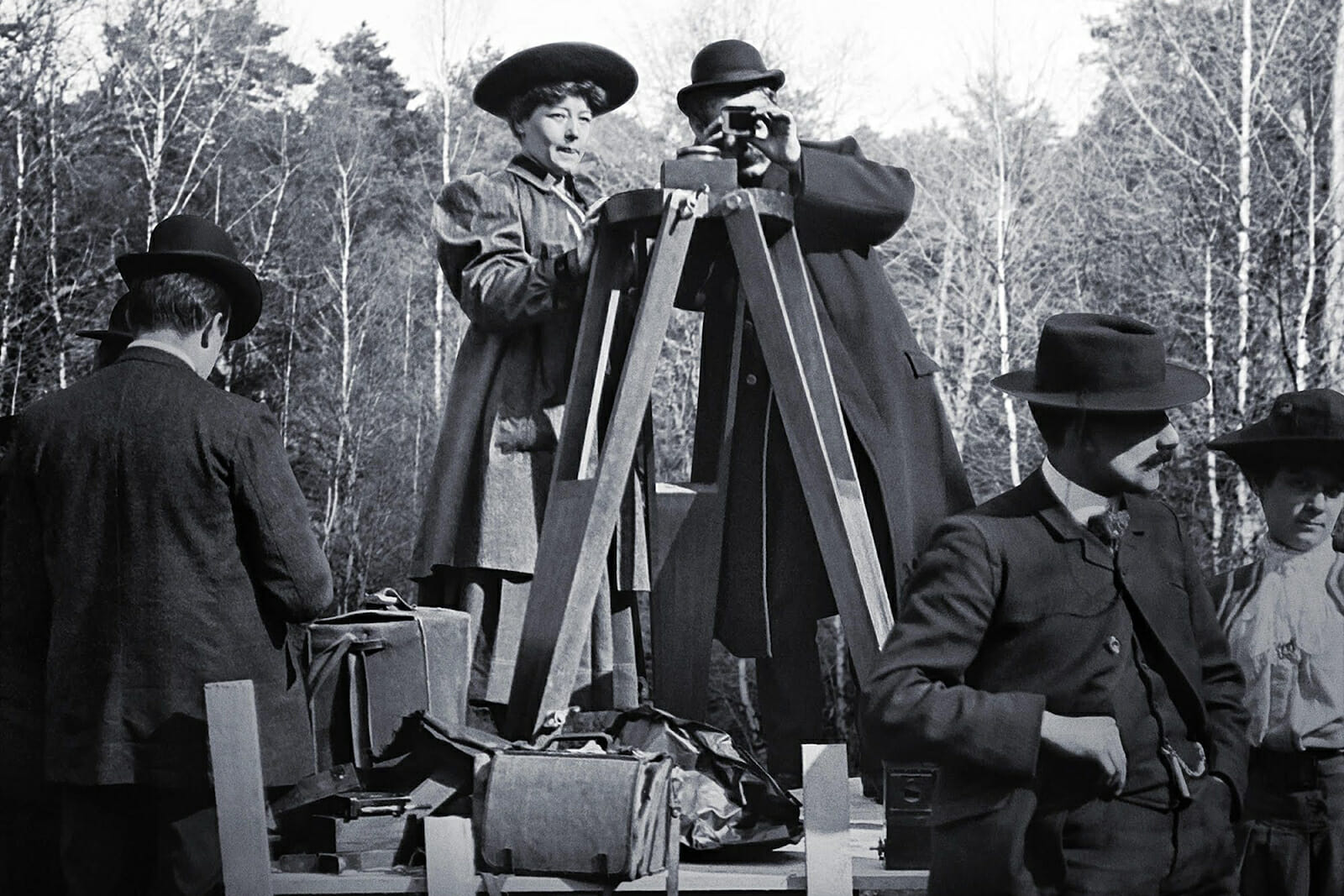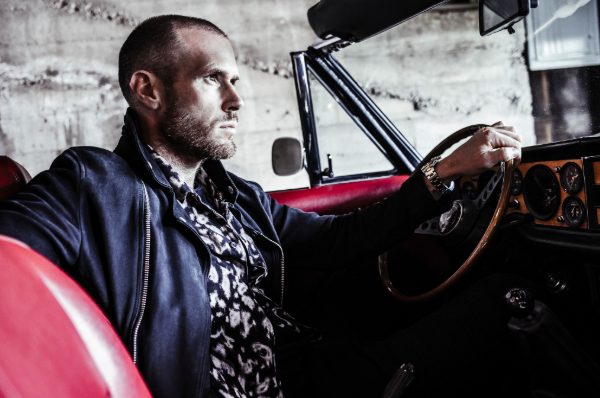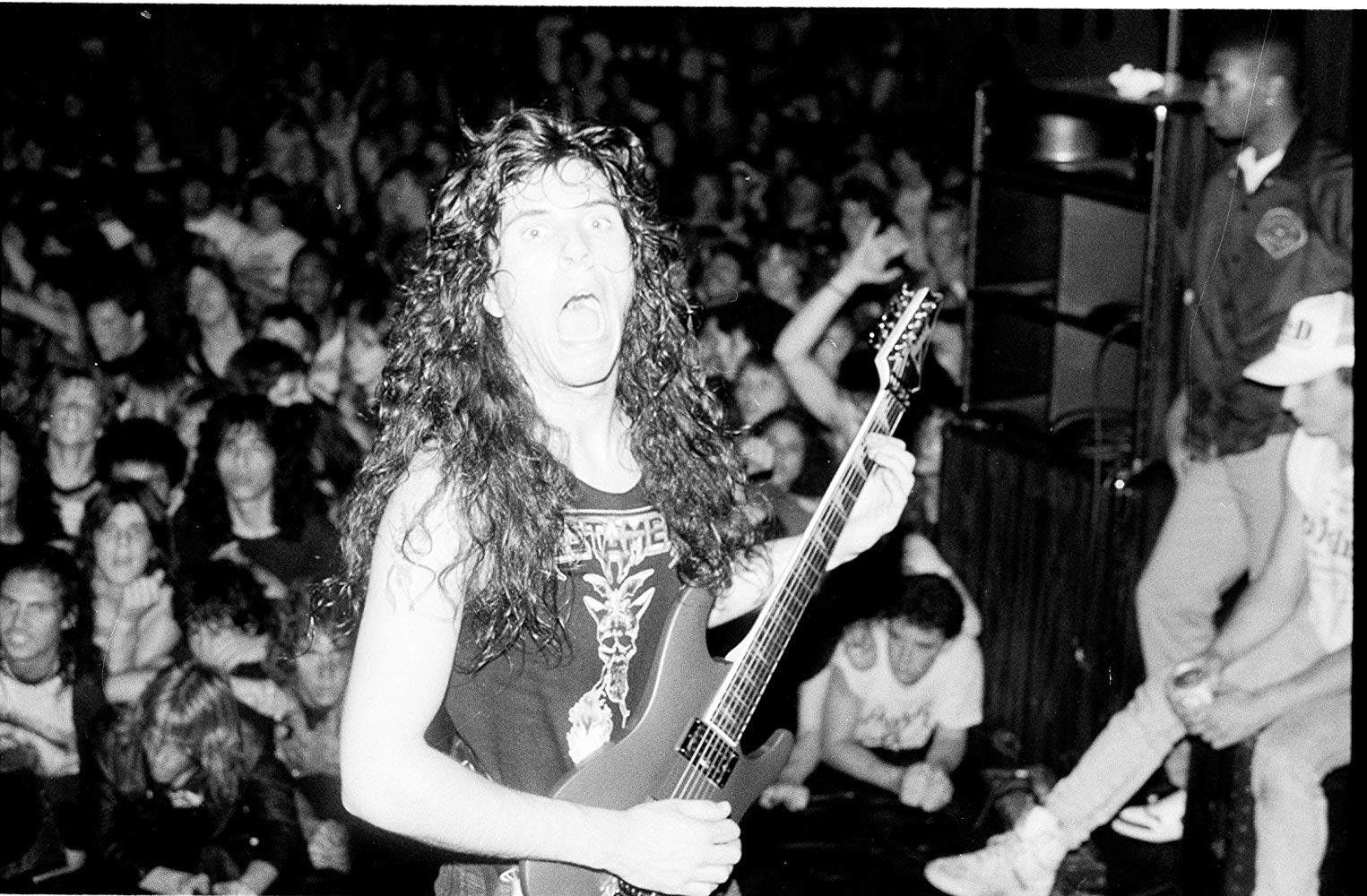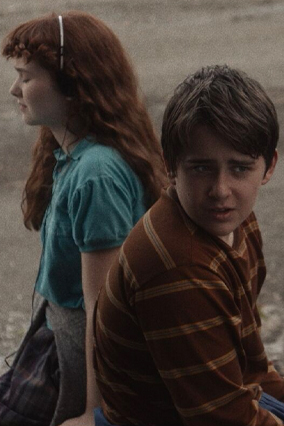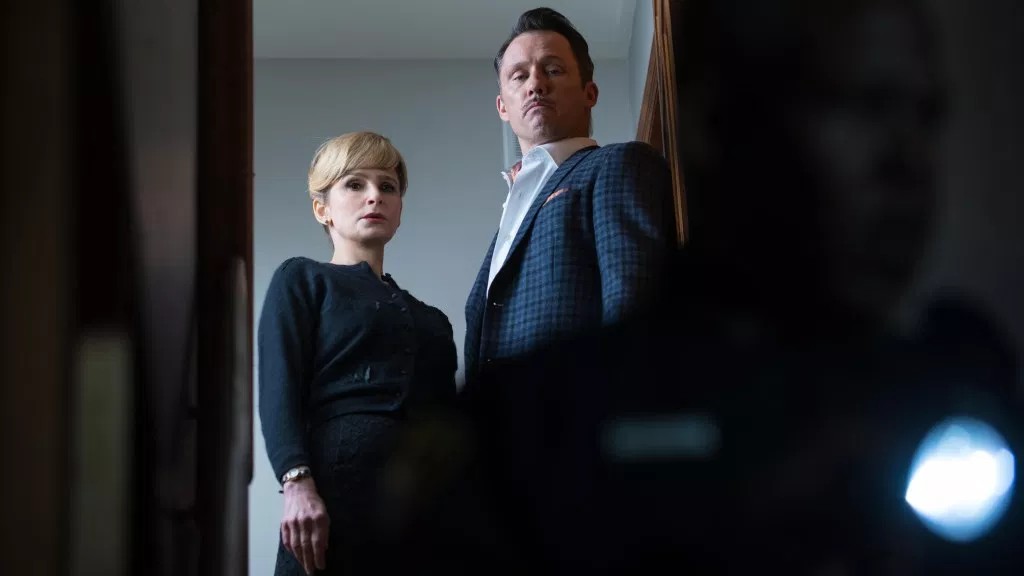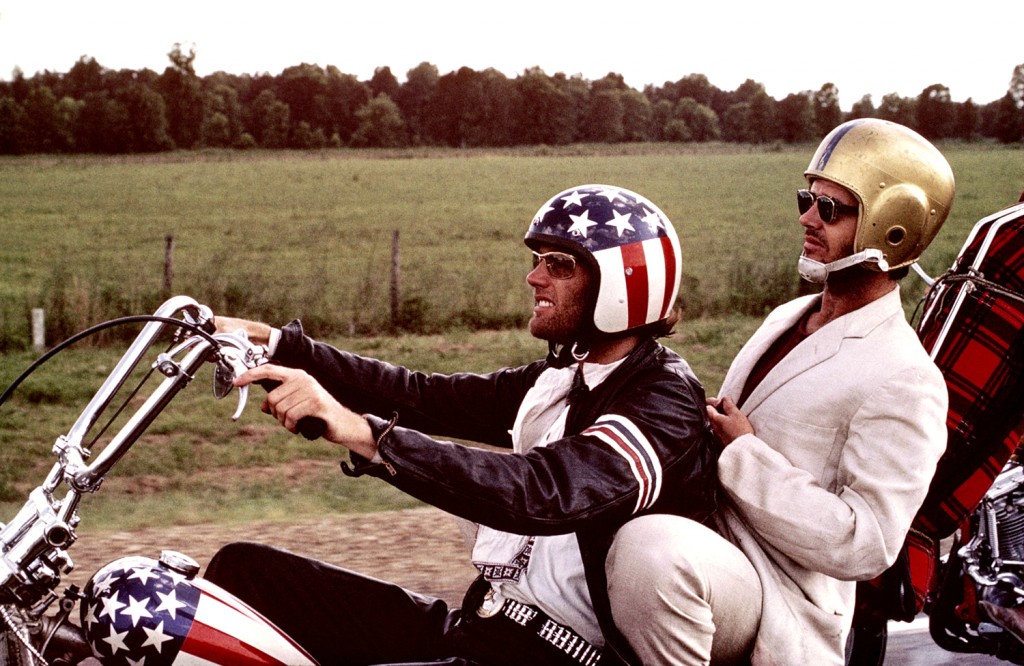
When a TV or film composer has done their job well, you probably don’t notice the music that they have written. That score has enhanced the emotions and overall feel of what you are watching, getting you wrapped up in a fictional world without you realizing it. Jeff Cardoni has been doing this successfully for nearly two decades following a stint as lead guitarist in Alien Crime Syndicate in the late 1990s.
At any given time, Jeff may be the composer for multiple high-visibility projects. Currently, Jeff handles the music cues for HBO staple Silicon Valley while his score for the hit comedy Mike And Dave Need Wedding Dates is in theaters; the soundtrack to Mike And Dave is now out on Lakeshore Records. He has two new series in the works — one for CBS and one for ABC — in addition to a big movie coming out through Lionsgate in the fall. Jeff also manages to find time to collaborate on off-screen projects, having recently worked with singer/songwriter (and wife) Jules Larson.
Jeff caught up with Downtown for some Q&A about life as a composer. He can be visited online at www.jeffcardoni.com and followed on Twitter via @JeffCardoni.

I was a fan of your old band Alien Crime Syndicate. Is there anything that you miss about being in a band?
Jeff Cardoni: Wow, ACS? That was a long time ago. Joe [Reineke], the singer/songwriter, was a true genius, did it all. There were some great songs in that band and it was a blast. I had been kicking around the D.C. area in bands for a while and when moving to L.A., all I wanted to be was in a signed band. I auditioned a million times and eventually hooked up with ACS and got the lead guitarist job. It was great playing some really big gigs all over the place, but eventually they decided to move back to Seattle from L.A. At that point I had to decide what I wanted to do. I traveled back and forth for a while, but eventually it was too much and I didn’t want to leave L.A., so we parted ways. I had already gotten the film scoring bug and had some things going on in L.A. and decided that that was really what I wanted to pursue.
In all honesty, with Alien Crime Syndicate, I was really a hired gun and just a trained monkey. Joe was the brains behind the operation and rightfully so, so he didn’t really need too much creative input from me, and it was really at that point that I realized that unless you’re writing the music, it wasn’t that creatively fulfilling to me anymore. Sure, there are things about being in a band that were great fun and I was never in a hugely-successful band, but you kind of get the idea of touring and sleeping in bad motels and eating bad food and playing to a bunch of drunk people. I am glad that I did that for a while, but I say everyday that failing in rock and roll was the best thing that ever happened to me.
Alien Crime Syndicate had a great song in “Ozzy.” Did you come from a hard rock background?
JC: “Ozzy” — agree, great song, but I was gone from the band at that point. I can’t exactly remember what year, maybe ’99?
How did the transition to scoring for film and TV come up? Did you have a mentor or someone who pulled you into that world?
JC: When I was bands in Washington D.C., we had a manager in L.A. who turns out to be a very major music supervisor for films. We didn’t really understand that word at all, but got some songs placed in films. When we would come out to L.A. to showcase for labels, I got to do some on-set musical things, recording some bits, showing actors how to play guitar. That really opened my eyes to a whole world that was fascinating to me. I mean, I grew up playing piano and loved John Williams and Jerry Goldsmith and James Horner, but I never really saw how any of that connected.
But one thing led to another, our singer quit, and the rest of the guys decided to move to L.A. Of course, the band broke up immediately after and I was left in L.A. knowing really nobody, no connections and no idea what was next. But our bass player’s brother, who was our manager the music supervisor, had partnered at a composer agency called Soundtrack Music Associates. So basically, Pat our bass player said he was going to work with his brother and become a music supervisor and I said that I was going to really focus on being a composer. I enrolled at some classes at UCLA on conducting and film scoring, and through SMA got hooked up with a few other composers who needed some help and kind of mentored me a bit.
That is when I worked a bit with John Murphy (28 Days Later), and he became a friend and I learned a lot from the little bits of time I worked with him. Little by little, I started getting little gigs and just built it from there. Ironically, on Mike And Dave Need Wedding Dates, the music executive at Fox was — you guessed it — our bass player Patrick, who’s done quite well for himself. The music supervisor, John Houlihan. And me the composer. So it’s taken a long time, but it was cool to see things come full circle and get to work together on a film.
Beyond writing music, are there any similarities between writing for a band and writing for film and TV?
JC: Good question. My first reaction would be not really. Other than sometimes you use band instruments such as guitar, bass, and drums. But the form and structure of it is much different, in that you don’t think verse/chorus/bridge at all. You have to think more linear and let the scene dictate where the music goes. It’s something that takes a while to change the way of thinking and I listen to some of my early stuff and just cringe because it’s so boring and songlike.
One strange thing I’ve noticed however, when I was getting started in this game, it wasn’t necessarily cool to be a “band guy” as a composer. So I thought everything had to be orchestral and legit, so for five years I don’t think I put a guitar on anything so I could kind of show that I was legit and knew what I was doing. But now it’s kind of come full circle and there are all kind of band guys doing scores and I have to like prove that I legitimately can do that kind of stuff really easily, because I spent so many years trying not to do it. So I guess you just should do what it is you do, and not try too hard to be somebody else. Much easier to do looking back in hindsight and all the dumb career mistakes we make.
Do you do most of your writing now on a particular instrument?
JC: I’d say I mostly start on piano on every film. I like to sit at the piano with a piece of notation paper and try to hash out the tunes or themes, however rudimentary they are on the piano. I find it much easier to then go to the computer and start writing everything, with the building blocks kind of set in your head. I also a lot of times, just record bits on my iPhone at the piano, just little melodic or chordal fragments that I reference later. If anyone ever heard them, they would think I’m clinically-insane because they are pretty bad, but they make sense to me when I hear them and trigger what I was thinking at the time.
Is there a credit you’re most proud of as a composer?
JC: Interesting question, because some I’m most proud of are probably ones that had no commercial success. There was a Ryan Reynolds film I did called Just Friends that was really special to me. It was my first studio film which was a huge accomplishment for a guy with no connections or not working for Hans Zimmer. It was my first full orchestral score, which was a great joy. And the main theme, however simple, came to me when I was sleeping and I literally woke up in the middle of the night and wrote it down and that became the whole film. Just really simple and flowed off the fingers at the piano and I played it for the director the next day and the rest kind of wrote itself.
I did a film last year called The Confirmation with Clive Owen and Maria Bello that was written and directed by Bob Nelson, who got an Oscar nomination for Nebraska. So I had been searching for a more arthouse, dramatic indie that would have some credibility and not so commercial. And that film was just a joy and I was so proud of it, but it kind of didn’t get the attention I thought it would. I think it was like 95% on Rotten Tomatoes and nobody saw it.
And CSI: Miami, I was immensely proud of. Just because it was the first thing I did that literally everyone saw and heard of and it was a trip to finally feel like you were doing something legit. At the time it was like the #1 show in the world and getting over 20 million viewers each week, which rarely happens these days. I always wonder if I will ever have another gig like that. So that one holds some great memories for me.
What can you tell me about writing the score to Mike And Dave Needing Wedding Dates? Did you have to get in a Hawaiian state of mind?
JC: That’s funny. First thing I thought of was Hawaiian, so I got out a ukulele and I have an old 1928 lap steel guitar and got some Hawaiian percussion instruments. Then we spotted the film and everyone said they didn’t want the score to sound Hawaiian! But as it progressed, I kind of snuck some of it back in so there are some nods to it that made it in.
As far as the rest of the writing, I came up with a couple of the themes/grooves — the guys have one and the girls do as well. It’s funny because a lot of the spots with girls didn’t have music initially, but I thought that they needed something to kind of empower them, so we had this little groovy thing that became their thing. I felt that it was cool that the girls were almost more powerful than the guys and they weren’t just background to them. It made them much more relatable. Then there was the kind of family emotional theme and then the emotional theme for Jeanie and Eric. That one kind of got turned on its head in full epic majesty for the ATV scene, which was a blast to do.
Do you have a favorite cue or part of the score to Mike And Dave?
JC: I think my favorite cues are “You Don’t Want To Marry Me,” which is a simple guitar and strings cue for their breakup that turned out really nice and then of course, the ATV Adventure cue, which is always great fun to let the orchestra do all of the runs and insanity that you just can’t do with samples.
When I started on the film, that scene was temp-scored with Jurassic Park and I was adamant from Day 1 that we can’t do a soundalike of Jurassic Park. It would be cheesy and ruin it. So I fought to make that cue part of our score and theme and make it related to the rest of the music. When we were final dubbing at Fox, when the lights went up on of the producers stood up and said that was his favorite cue, which was a big victory for me, because usually the notes are what’s wrong not what’s right!
How did you first encounter Jon Lajoie?
JC: Ah, Taco. Well, I was on The League from the very beginning and just met him somewhere along the way. I helped him out with some songs over the seasons, although he did many more himself. When they decided to do the soundtrack, Jeff and Jackie the show producers, asked me to record some tracks for him to finish the songs for the soundtrack, so I got to spend a bit more time with him and it was a blast. My favorite was “Eskimo Brothers,” I think that’s a pretty badass song on its own. The fact that the words are comedic doesn’t matter.
Was your work with Jon the first overtly-funny music you had been a part of?
JC: Yes, and it’s kind of become the bane of my existence. I’ve done 40 films at this point and a ton of dark dramatic stuff, but I get a lot of calls for comedy that is sometimes frustrating. But you know, people only know the last thing you’ve done or what has been successful. I sometimes look back and wonder if certain choices led other places, things would be different, but who knows where it will all end up? I’ve been extremely fortunate to get to make a living doing this stuff, so I’m not going to sit here and complain…
You’ve also written music for Silicon Valley, one of my favorite shows on TV, which also mixed in a lot of hip-hop. What is the usual process like for scoring the show? Do they know off-hand which scenes are going to be scored and what’s going to be licensed music?
JC: Silicon Valley, who knew this show was going to be such a thing? Again, as a follow-up to the last question, I get more calls and meetings from working on this show, than probably anything. And I know my music is a very small part of the show. It just shows you how Hollywood likes success. It’s a really strange thing because you think you would be judged on your music and quality and artistry, but you would be wrong. (laughs)
But getting back to Silicon Valley, I got involved through music supervisors Rudy Chung and Jason Alexander. I had worked with them on CSI: Miami and they asked me to submit a demo on the show. When it first started, they weren’t going to have a composer, and just use source music. But I wrote a demo with some more ambient and ethereal stuff and got a meeting with Mike Judge and Alec Berg and got the gig. So then as we spotted the show, there would be moments that had no music and the guys were like “should we try something here?” And it kind of organically evolved into what it is.
So the transition type cues are hip-hop-based. I do a bunch of those. Sometimes there are licensed tracks for a few of those and always the end credit song. Then there are the more tension-type moments and emotional moments that we’ve scored pretty subtly. But it works and I think it heightens the tension. For such a funny show, I think there’s a pretty good amount of tension and drama. But we never score the funny bits with comedic music, because come on, they are hysterical on their own so I just stay out of the way of that stuff and try to add another layer to it, not just putting an explanation point on something already on the screen. It’s always a balancing act, but I’ve learned a lot about trying to be effective while being as minimal as possible. To answer your question, yes, we would have a spotting session with each episode and will know what scenes are scored and what are licensed music.
Do you have any aspirations to write music for other artists as a co-writer?
JC: Interesting question. That would be fun, if I could find the time. I’ve produced a few other artists over the past few years. I’ve done several songs for the show Gotham that the house band plays. I wrote a song called “Long Road Home” for CSI a couple years back that Gene Simmons played on camera, which was pretty cool. My friend Phil Conserva was directing that episode and asked me to write a kick ass rock song and we sent it to Gene and he dug it.
I’ve also produced a ton of songs for my wife, who is a great singer/songwriter named Jules Larson, and I’m sure will do more of that. I wrote a song for a film I scored called A Perfect Man with Liev Schreiber that was called “For This Sin” that turned out really cool. I took some lines from Shakespeare for inspiration and put it into a song that contained the theme of the film and we had a big orchestra. That was kind of the best of all worlds for me, incorporating scoring, songwriting, live orchestra, and song production.
Are there any upcoming projects that you can talk about?
JC: I’ve got a kids film based on a best-selling James Patterson novel called Middle School: The Worst Years Of My Life that’s coming out on Oct. 6 though Lionsgate. It’s for younger kids, kind of like Diary Of A Wimpy Kid.
I’ve also got a couple new television shows — Speechless with Minnie Driver on ABC this fall and Training Day with Bill Paxton for CBS this mid-season. I’m really excited about that one to do some dark heavy stuff and the pilot was just great.
When not busy with music, how do you like to spend your free time?
JC: I don’t know what that means! For better or worst, my hobby became my job. So I can’t complain but I really do think music 24/7. I remember being like 21 and thinking if I could find a way to sit in a studio and write music all day, that’s all I wanted from life. So I don’t take it for granted.
It’s not a normal 9 to 5 life, that’s for sure. But they say if you love what you do, you don’t work a day in your life and I really believe that to be true. I wake up every day excited as ever to get to do this, no less now than when I was just getting started. In fact ,even though I’ve done a bunch of stuff, I really feel like I’m just getting started. Other hobbies are pretty limited, I like to ski as much as I can, even though I’m not terribly great. Just like getting outdoors and tuning out. I’m decent at tennis and try and do that when I can. Force myself to run, occasionally do a half-marathon or two. That’s about it.
Finally, Jeff, any last words for the kids?
JC: For the kids, hmm, well I would say follow your dreams and don’t let anyone tell you what you can or cannot do. If you have some crazy idea that you want to do with your life, do it, because life is short and we only get on time around this planet. Every day you wait is one day less to do it, so life your life to the fullest.

